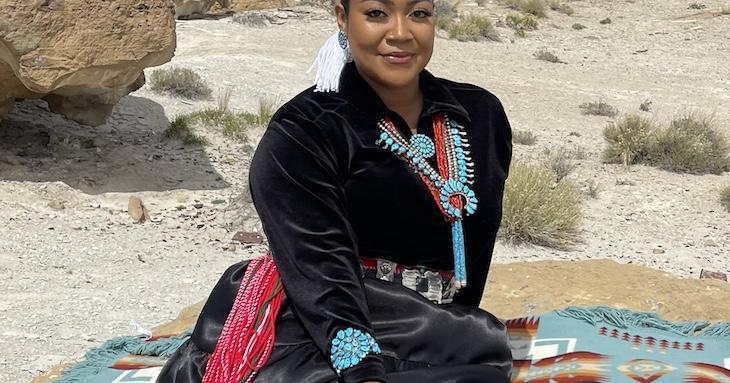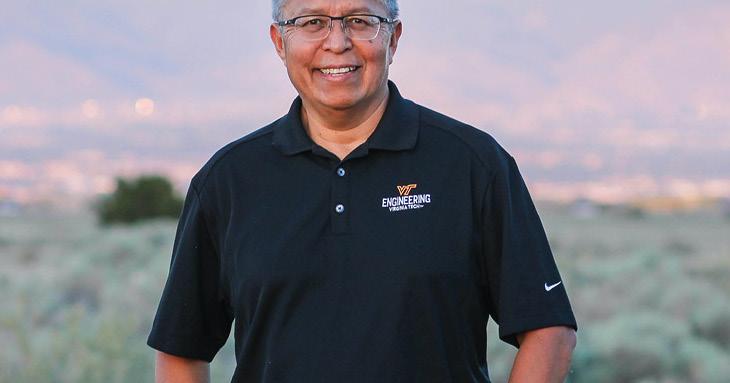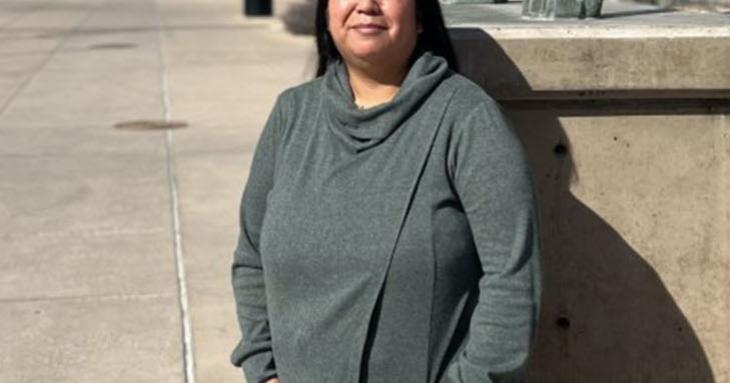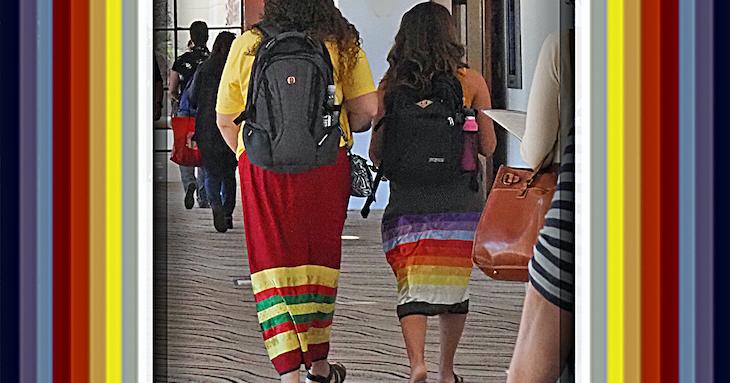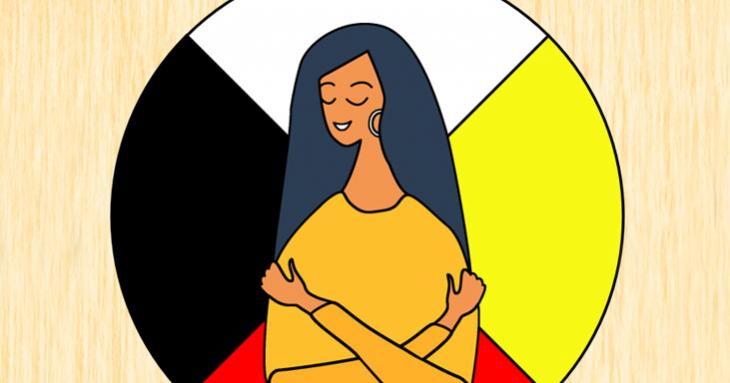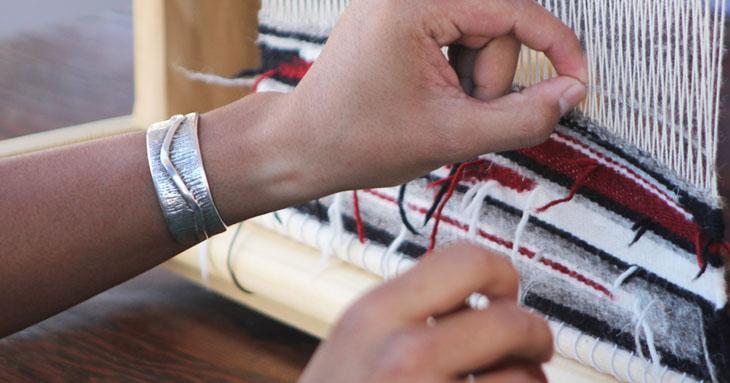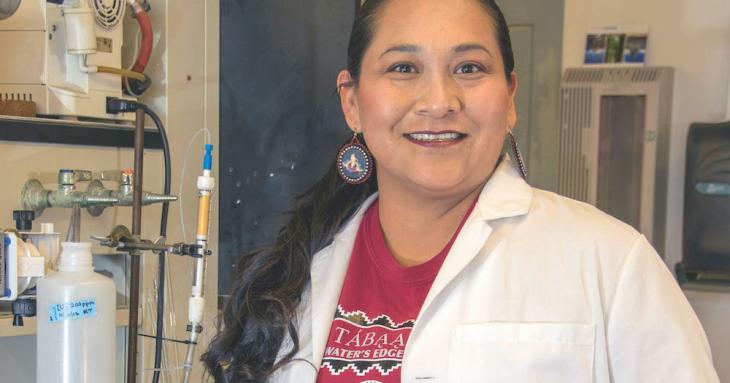-
Zabari-Obyoni Bell | Diné (Navajo Nation) | Harvard University
Although I grew up in Houston, I consider Torreon, N.M., in the Eastern Agency of the Navajo Nation, home. I spent much of my childhood in that remote rural area, playing on —and learning from — the land. It’s why I want to become a principal investigator and start my own microbiology lab on the Navajo Reservation: I want to take care of the land. After a nontraditional academic journey, I’m now a graduate student at Harvard University studying bacterial genetics, and I finally feel like I know where I’m going.
-
DR. STAN ATCITTY | Diné | Sandia National Laboratories
Dr. Stan Atcitty, Diné, has a record of tremendous technical success and remarkable achievements as a leader. His ability to cultivate and maintain relationships is paramount to his success. Whether he is presenting to a packed gymnasium at his high school alma mater in Shiprock, N.M., or coaching junior staff members on his team, Dr. Atcitty is energized by finding ways to build people up.
-
Dr. Lani Tsinnajinnie | Diné | University of New Mexico | Community and Regional Planning
Working on water resource and environmental issues, often in support of Native communities, is at the heart of what drives Dr. Lani Tsinnajinnie, Diné. Now an assistant professor in the Department of Community and Regional Planning at the University of New Mexico (UNM), she grew up in the remote community of Na’Neelzhiin, N.M., where she saw firsthand the need for clean drinking water for rural residents. “Although the house I grew up in had running water, nearly half the households in Na’Neelzhiin did not,” she says.
-
Following Native Traditions at College
Going to college may be the first time that you are spending a significant amount of time away from your family. It can be hard adjusting to this new normal, where everything is different. Between new schedules, friends, classes, and extracurriculars, college can be overwhelming. Being away can also make it hard to follow your Native traditions. But don’t let this new world keep you from staying connected to your culture. Here are a few ways to follow your Native traditions at college.
Choose a School that Supports Your Native Identity -
Finding Your Way as a First-generation College Student
After years of hard work, you’ve made it to college! Now that you’re pursuing a college degree, you want to make the most of it. But how do you do that? Here are a few tips to help you find your way as a first-generation college student.
-
Finding Work-Life Balance and Managing Stress Through Native Traditions
Today’s professional workplace may seem vastly different from those your elders were a part of. Everyone is looking to work faster, with fewer resources. Regardless of how well-equipped you are, you can easily find yourself overwhelmed, stressed, and sorely lacking work-life balance. While you may not be able to change everything about your work life, look to your Native traditions to help you manage stress and create more balance. Here are a few ways to do just that.
-
Dr. Crystal Tulley-Cordova | Professional of the Year Awardee | Diné
In some of Dr. Crystal Tulley-Cordova’s earliest memories, water is a prominent feature. She vividly recalls the silver basin — which looked to her like an oversized teapot — that her grandmother used to heat bathwater on the stove. It’s a pleasant memory, but one also laced with recollections of what a struggle it was to obtain clean water for bathing and drinking. “I have memories of how my family traveled over dirt roads to get water for our daily needs,” she says.
-
Smart Native Ways to Carry Burdens
The world today is full of opportunities, yet it can also be challenging to navigate. When it comes to developing effective coping strategies, Native youth have a deep resource — the traditional knowledge that kept previous generations strong through adversity.
-
Ranalda L. Tsosie / Diné / University of Montana / Chemistry, Geoscience, and Environmental Studies
Originally from Tółikan (Sweetwater), Ariz., Ranalda Tsosie describes herself as “a proud Diné woman.”


